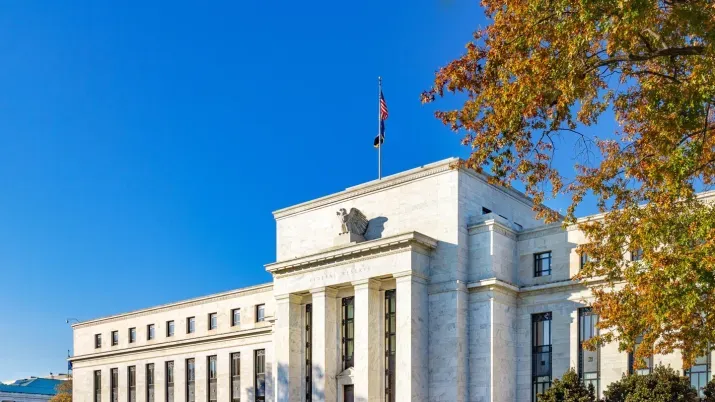Coronavirus Predatory Pricing is an ESG Red Flag
TwentyFour
The spread of a new coronavirus has significantly affected business and personal travel already. Many of us here at TwentyFour have had imminent trips and conference appearances cancelled at short notice, and not surprisingly, many airlines are refusing to refund tickets. With airline earnings profiles having been under pressure for years, this is hardly surprising – witness the collapse of UK regional airline Flybe just this week.
What has concerned us, however, is an example of very aggressive predatory pricing behaviour from one airline. We were alerted to this by one of our business contacts, who was due to attend a flagship conference next week, but the conference has been postponed until June. Cancelling the flights – already exorbitantly priced at more than four figures due to the event – would result in no refund. This particular traveller had done some homework before the new conference date was announced, and had found flights to the European destination for less than £50 each way over the entire period for when they felt the conference was likely to be rescheduled.
When the new conference date went public, however, the price jumped from less than £50 to more than £700 each way. A normal reaction to supply and demand, or an example of predatory pricing? Given the each-way cost is significantly more than the original (and already highly inflated) conference flight price, we take the view that it is the latter. Furthermore, the airline in question refused to even allow a transfer from the original expensive ticket price to pay the difference to the new exorbitant price.
In one sense, this would appear to be a natural defensive action from a company facing earnings pressure to protect cash flows in a tough market. But in a world where ESG concerns are at the forefront of many investors’ minds, should we see this behaviour as acceptable?
We think not. ESG analysis is integrated into every investment decision we make at TwentyFour, and our memories are long. Predatory pricing is a specific marker in our model under the ‘S’ for Social category, and thus makes a significant impact on the overall ESG score for this particular company. In effect, predatory pricing behaviour in this case makes this particular airline un-investible in our view (we have never previously owned the firm’s bonds, in fact). On a related note, we have seen anecdotal evidence of online price hikes for hand sanitiser in the UK, whereas high street pharmacies seem to be restricting supply rather than hiking prices – in other words firms have options, some that harm their customers and others that do not. We also note that France imposed price controls on hand sanitisers two days ago.
Companies, even earnings pressured ones, now need to seriously consider the negative impact on their long term cost of capital from short term decisions to shore up P&L. Customers should be a valued and respected part of any business. Investors have long memories, and environment and governance are not the only ESG concerns we have.







